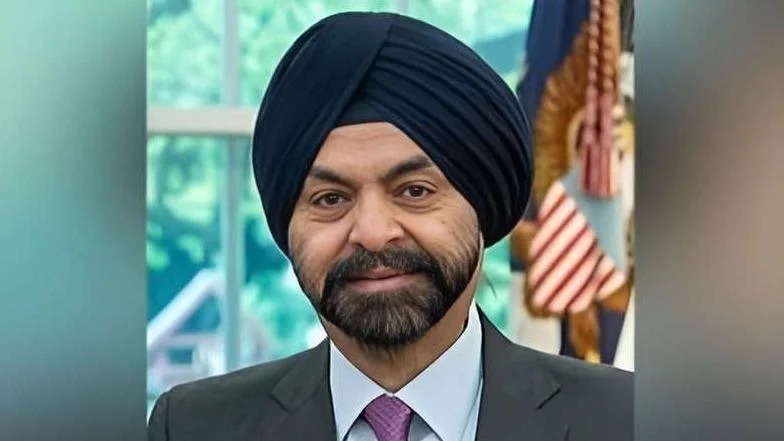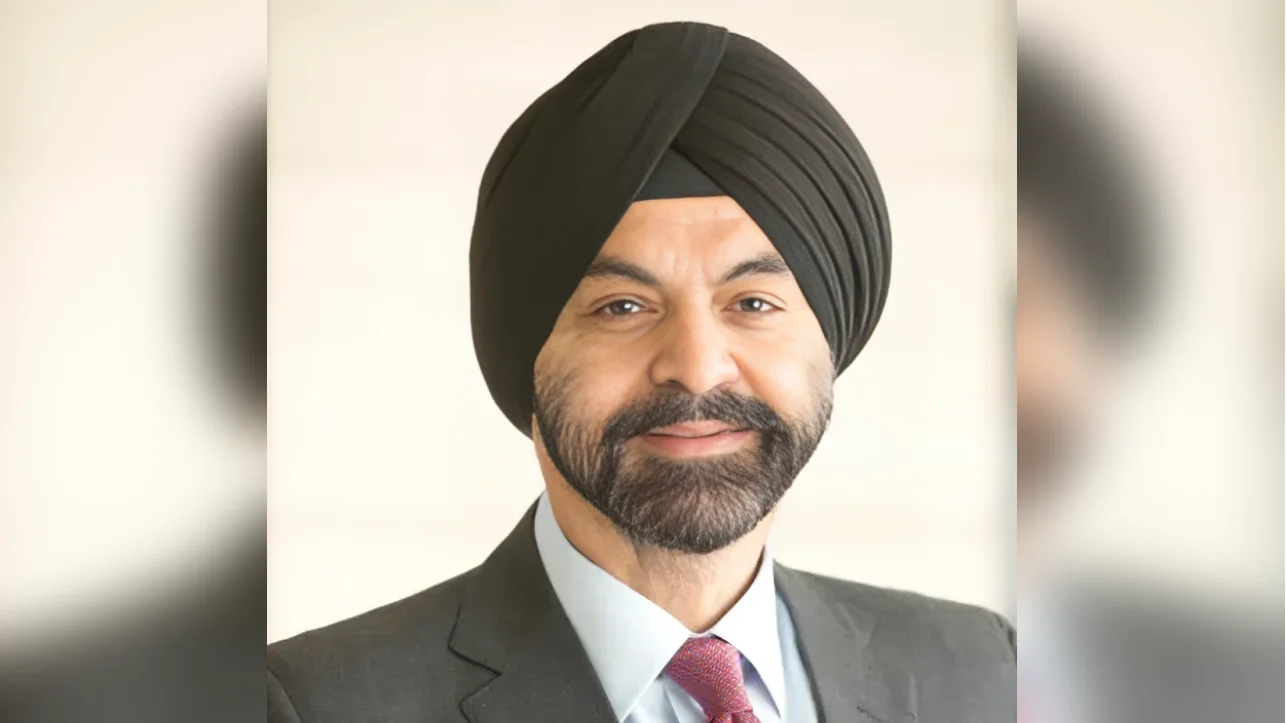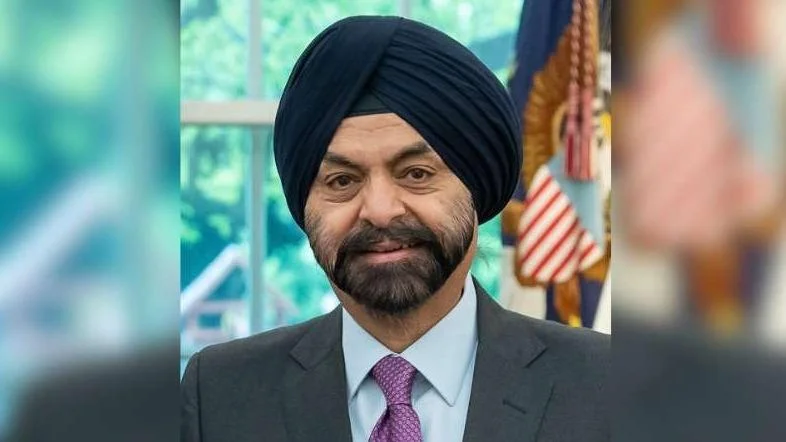The World Bank
Recent News About The World Bank
-
World Bank sanctions Gabonese executive for corrupt practice involving railway project
The World Bank Group has imposed an eight-month sanction on Christian Magni, a Gabonese national, due to his involvement in a corrupt practice related to an International Finance Corporation (IFC) investment in Société d’Exploitation du...
-
World Bank approves $200 million aid for Bangladesh's social protection system
The World Bank has approved a $200 million initiative to enhance Bangladesh's social protection system.
-
Education reforms persist in Ukraine despite war-induced challenges
Ukraine's education system continues to function amid the challenges of war, with students like 13-year-old Uliana adapting to new learning environments.
-
Bangkok faces urgent challenges from extreme urban heat
Extreme urban heat poses a significant challenge for Bangkok, impacting the city's residents and economy.
-
Djibouti slum upgrading project transforms lives with housing and job creation
The Djibouti Integrated Slum Upgrading Project, initiated in 2018, aims to address significant challenges faced by residents of Balbala Ancien, a large suburb of Djibouti City.
-
Ethiopian women entrepreneurs excel with support from World Bank initiatives
In Addis Ababa, Ethiopia, Hanna Berhanu manages Abyssinia Woodworks PLC, a furniture manufacturing business she started in 2015.
-
Kosovo becomes an official donor to World Bank’s International Development Association
The Republic of Kosovo has become a donor to the World Bank's International Development Association (IDA) with a contribution of $1.4 million.
-
World Bank allocates $11.45M for primary healthcare improvements in Kyrgyz Republic
The World Bank has announced an additional $11.45 million in funding to enhance primary health care services in the Kyrgyz Republic.
-
World Bank report highlights key reforms needed for Nepal's economic growth
Nepal has made significant strides in reducing poverty, nearly eliminating extreme poverty, largely due to remittances.
-
World Bank invests $200 million to enhance transport in Dodoma
A significant investment by the World Bank aims to improve urban mobility and accessibility in Dodoma, Tanzania's capital.
-
Mushroom business grows jobs and sustainability in Sint Maarten
Stephane Ferron, the driving force behind Sproute BV, embarked on a mission to create a sustainable mushroom business in Sint Maarten.
-
World Bank funds modernization project for Philippine civil service
The World Bank has approved a support package aimed at modernizing the civil service in the Philippines.
-
World Bank launches $137M initiative to boost education in Chad and Mauritania
The World Bank has approved a significant project aimed at improving education and job opportunities for young people in Chad and Mauritania.
-
Costa Rica advances forest conservation through carbon finance initiatives
Standing in a community building surrounded by Costa Rican rainforest, José Ulises Uva Ríos reflects on the role of carbon finance in forest conservation.
-
World Bank funds $250M project for youth employment in Angola
The World Bank has approved $250 million in financing for the Angola Youth Employment Opportunities Project (AYEOP).
-
World Bank to release economic memorandum on Nepal's growth potential
The World Bank is set to release a comprehensive report titled "Unlocking Nepal’s Growth Potential: Nepal Country Economic Memorandum" on March 24, 2025.
-
Forest Investment Program concludes with lessons learned for future climate initiatives
The Forest Investment Program (FIP) in the Democratic Republic of Congo (DRC) has reached its conclusion after more than a decade of efforts to mitigate human impact on vital tropical forests.
-
Indonesia boosts sustainable tourism in Lake Toba and Lombok
Imagine trekking through savannah fields and sandy terrain to the peak of Indonesia's second-highest volcano, Mount Rinjani in Lombok.
-
World Bank approves $120 million project to improve healthcare in El Salvador
The World Bank's Board of Executive Directors has approved a project aimed at enhancing access to quality health services in El Salvador, with a particular focus on primary health care.
-
World Bank approves $600M for Morocco's human capital development
The World Bank has approved a $600 million financing package for Morocco, marking the third phase of the "Strengthening Human Capital for a Resilient Morocco" program.




















